Filter by
SubjectRequired
LanguageRequired
The language used throughout the course, in both instruction and assessments.
Learning ProductRequired
LevelRequired
DurationRequired
SkillsRequired
SubtitlesRequired
EducatorRequired
Explore the Vision Course Catalog
 Status: Free Trial
Status: Free TrialUniversity of Michigan
Skills you'll gain: Team Motivation, Visionary, Cross-Functional Team Leadership, Constructive Feedback, Goal Setting, Organizational Leadership, Cultural Diversity, Leadership, Team Management, Employee Performance Management, Leadership Development, People Development, Influencing, Industrial and Organizational Psychology, Communication

Universidad de los Andes
Skills you'll gain: Supervised Learning, Real-Time Operating Systems, Cloud-Native Computing, Unsupervised Learning, Reinforcement Learning, Deep Learning, Computer Vision, Serverless Computing, Artificial Intelligence, Natural Language Processing, Anomaly Detection, CI/CD, Data Ethics, Image Analysis, Machine Learning, Linear Algebra, Game Theory, Technical Communication, Epidemiology, Bioinformatics
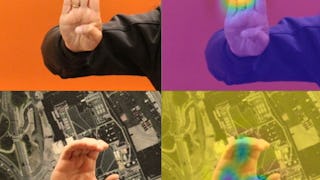 Status: Free Trial
Status: Free TrialSkills you'll gain: Computer Vision, Image Analysis, Artificial Neural Networks, Deep Learning, Applied Machine Learning, Exploratory Data Analysis, Data Validation, Performance Tuning, Matlab
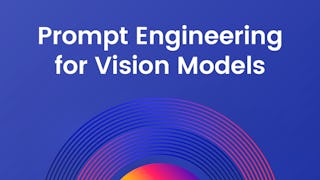 Status: NewStatus: Free
Status: NewStatus: FreeDeepLearning.AI
Skills you'll gain: Prompt Engineering, Generative AI, Computer Vision, Image Analysis, PyTorch (Machine Learning Library), Applied Machine Learning, Natural Language Processing
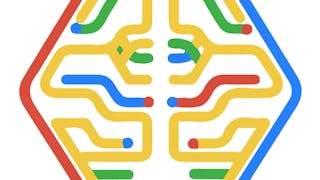 Status: Free Trial
Status: Free TrialGoogle Cloud
Skills you'll gain: Computer Vision, Google Cloud Platform, Tensorflow, Image Analysis, Applied Machine Learning, Cloud API, Artificial Neural Networks, Artificial Intelligence and Machine Learning (AI/ML), Deep Learning, Data Processing, Application Programming Interface (API)
 Status: Preview
Status: PreviewUniversity of Glasgow
Skills you'll gain: Anatomy, 3D Modeling, Scientific Visualization, Augmented and Virtual Reality (AR/VR), Virtual Environment, Medical Terminology, Medical Imaging, Animations
 Status: NewStatus: Free Trial
Status: NewStatus: Free TrialSkills you'll gain: Computer Vision, Image Analysis, Natural Language Processing, Artificial Intelligence, Machine Learning Methods, Algorithms
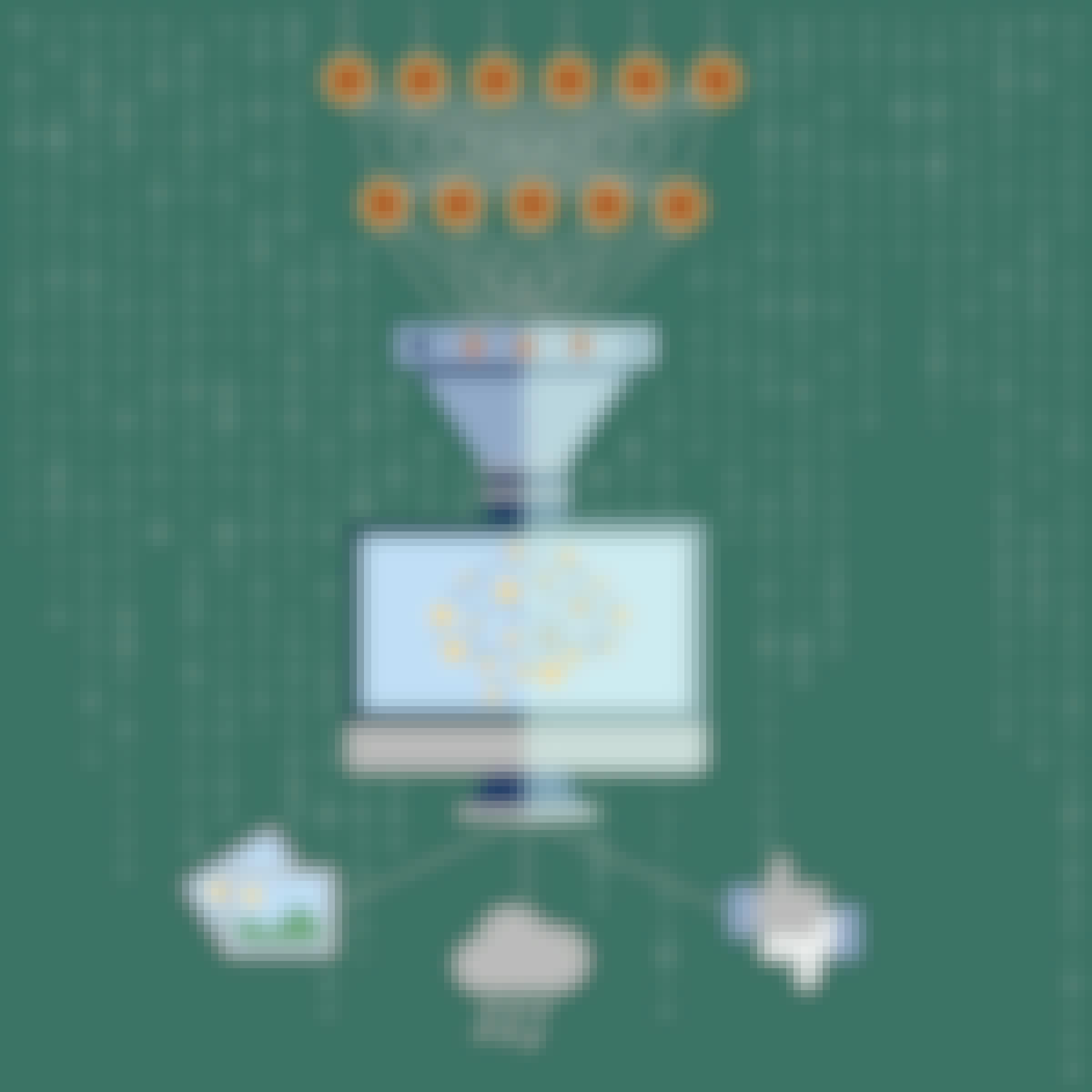 Status: Preview
Status: PreviewDuke University
Skills you'll gain: Reinforcement Learning, Image Analysis, Machine Learning, Deep Learning, Data Validation, Applied Machine Learning, Artificial Neural Networks, Supervised Learning, PyTorch (Machine Learning Library), Natural Language Processing, Unsupervised Learning, Computer Vision, Python Programming, Medical Imaging
 Status: Free Trial
Status: Free TrialDeepLearning.AI
Skills you'll gain: Generative AI, Image Analysis, Deep Learning, Tensorflow, Artificial Neural Networks, PyTorch (Machine Learning Library), Computer Vision, Data Ethics, Machine Learning, Applied Machine Learning, Information Privacy, Unsupervised Learning, Data Synthesis, Artificial Intelligence, Machine Learning Algorithms
 Status: Free Trial
Status: Free TrialSkills you'll gain: SAS (Software), Network Analysis, Trend Analysis, Data Manipulation, Data Analysis, Forecasting, Data Quality, Text Mining, Ad Hoc Reporting, Spatial Data Analysis, Data Visualization Software, Spatial Analysis, Dashboard, Analysis, Analytics, Data Visualization, Time Series Analysis and Forecasting, Business Analytics, Interactive Data Visualization, Data-Driven Decision-Making
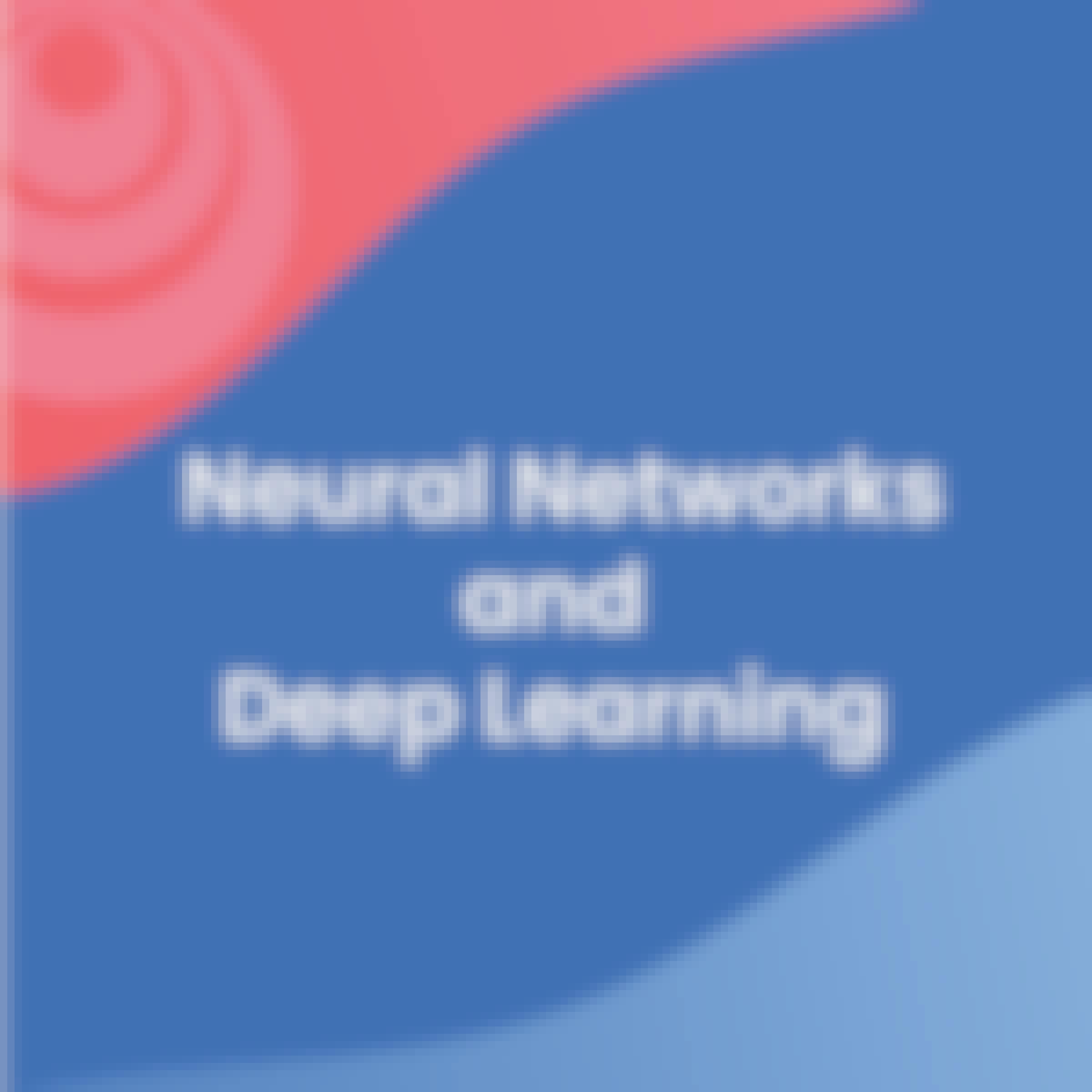 Status: Free Trial
Status: Free TrialDeepLearning.AI
Skills you'll gain: Deep Learning, Artificial Neural Networks, Supervised Learning, Computer Vision, Machine Learning, Linear Algebra, Python Programming, Performance Tuning, Calculus
 Status: Free Trial
Status: Free TrialMathWorks
Skills you'll gain: Image Analysis, Computer Vision, Geospatial Information and Technology, Linear Algebra, Algorithms, Data Validation, Matlab
In summary, here are 10 of our most popular vision courses
- Inspiring and Motivating Individuals: University of Michigan
- Maestría en Inteligencia Artificial: Universidad de los Andes
- Introduction to Deep Learning for Computer Vision: MathWorks
- Prompt Engineering for Vision Models: DeepLearning.AI
- Computer Vision Fundamentals with Google Cloud: Google Cloud
- Biomedical Visualisation: University of Glasgow
- AI Applications: Computer Vision and Speech Recognition: Edureka
- Introduction to Machine Learning: Duke University
- Generative Adversarial Networks (GANs): DeepLearning.AI
- SAS Visual Business Analytics: SAS










